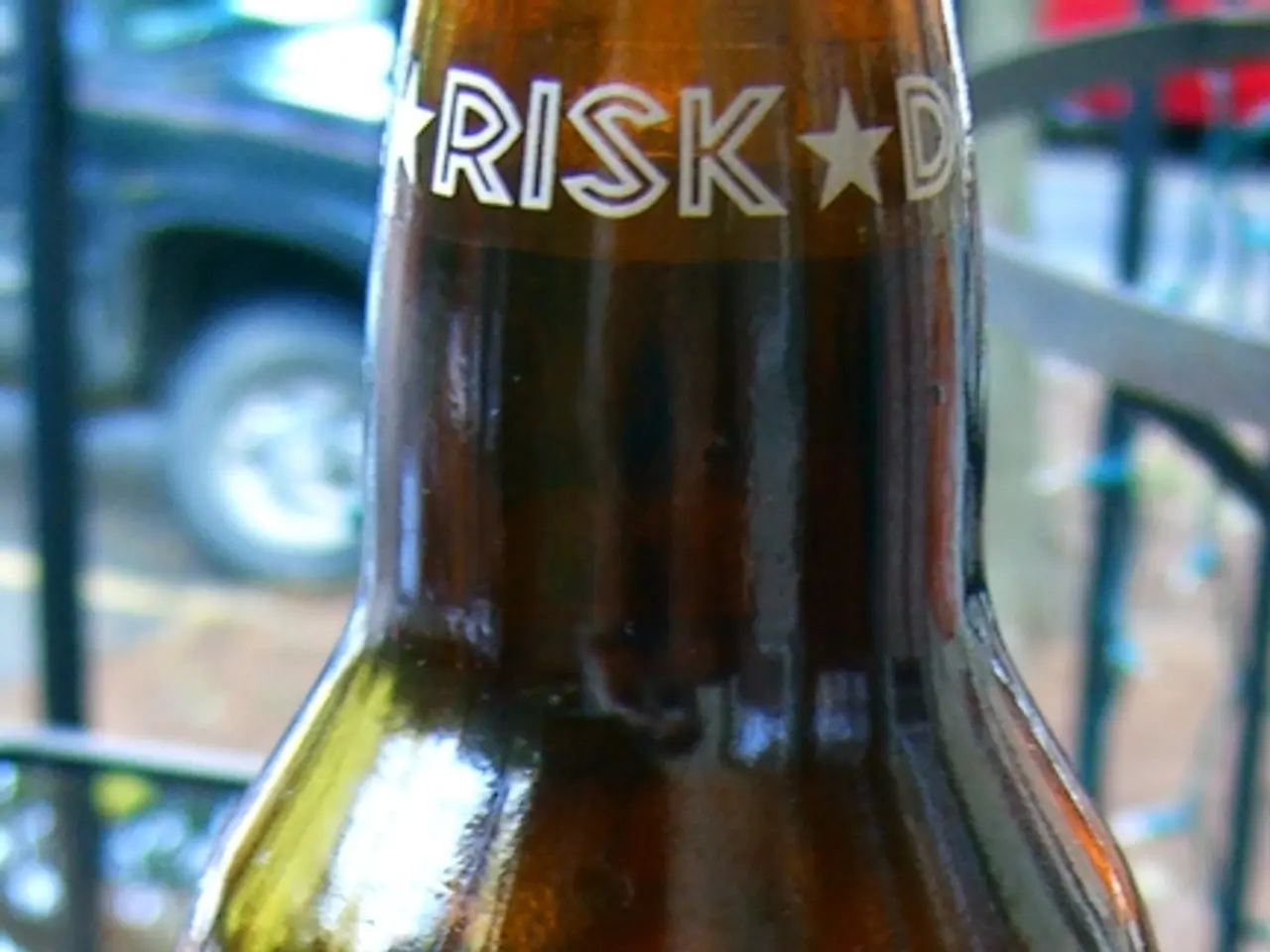Behind the sudden changes in Canada's alcohol consumption recommendations
Canada Revises Alcohol Consumption Guidelines, Emphasizing Minimal Intake
As of 2025, Canada's official alcohol consumption guidelines have undergone a significant shift, recommending no more than two standard drinks per week, with an emphasis on the fact that no amount of alcohol consumption is risk-free[1][3]. This change marks a departure from the previous guidelines issued in 2011, which permitted up to 10 drinks per week for women and 15 for men[1][3].
The updated guidelines, released in 2023, focus on a risk continuum rather than gender-specific weekly limits. They stress that any alcohol intake increases risks of chronic diseases (like liver and heart disease), brain damage, mental health problems, injuries, and cancers, highlighting alcohol as a Group 1 carcinogen on par with tobacco and asbestos[1][3].
In contrast, other Western countries maintain higher recommended weekly limits. For instance, New Zealand still recommends up to 10 drinks per week for women and 15 for men, with two alcohol-free days weekly. These guidelines are nearly 15 years old, have not been updated despite scientific acknowledgment of a need, and are currently stalled, partially due to lobbying pressures from the alcohol industry[2].
Many European and other Western countries typically have guidelines allowing more than two drinks per week, often ranging between 7-14 drinks weekly depending on gender and age, though precise limits vary and are in some cases under review.
| Country | Current Weekly Limit (Drinks) | Guideline Focus | Update Status | |--------------------|-------------------------------------|--------------------------------|---------------------| | Canada | 2 drinks (no safe level) | Risk continuum, health risks | Updated 2023 | | New Zealand | 10 drinks (women), 15 (men) | Fixed weekly limits | Not updated, stalled | | Various Western countries | Often 7-14 drinks depending on gender | Mixed (risk thresholds) | Varies |
The new Canadian guidelines have received criticism for being very restrictive and based on a limited subset of the scientific literature. However, the newer scientific consensus emphasizes minimal drinking to reduce risk[5].
In Canada, the government-backed advice now recommends no alcohol as the only risk-free strategy. The new advice also includes the suggestion of mandatory warning labels on all alcohol products, a measure that would require approval from Health Canada but has not yet been implemented[4].
The updated guidelines come at a time when public health professionals are advocating for stricter regulations on alcohol, including mandatory labeling of all alcohol products with health warnings[4]. A real-world experiment in Whitehorse, Yukon, in 2017 found a 7% reduction in per-head alcohol sales when cancer warning labels were implemented on alcoholic drinks[1].
In summary, Canada has moved towards substantially tighter alcohol consumption guidance, emphasizing significant risks even at low levels of intake, contrasting with older, more permissive guidelines still used in countries like New Zealand and many Western nations[1][2][3][5].
Engaging in sports and regular physical activity, along with adhering to the new health-and-wellness guidelines regarding alcohol consumption, can contribute positively to maintaining mental health and overall well-being. Furthermore, investing in scientific research on mental health and addressing the stigma surrounding mental health discussions are crucial steps towards improving the state of mental health in society.




